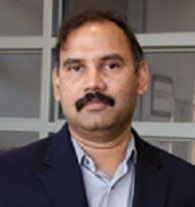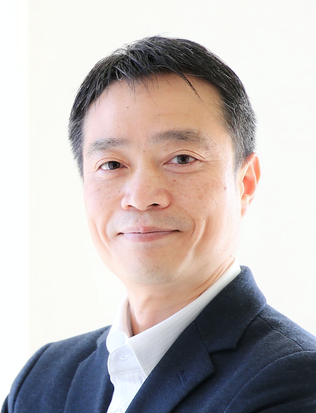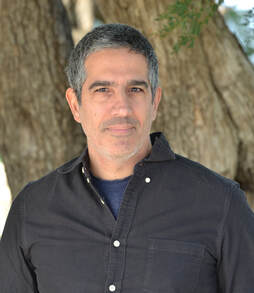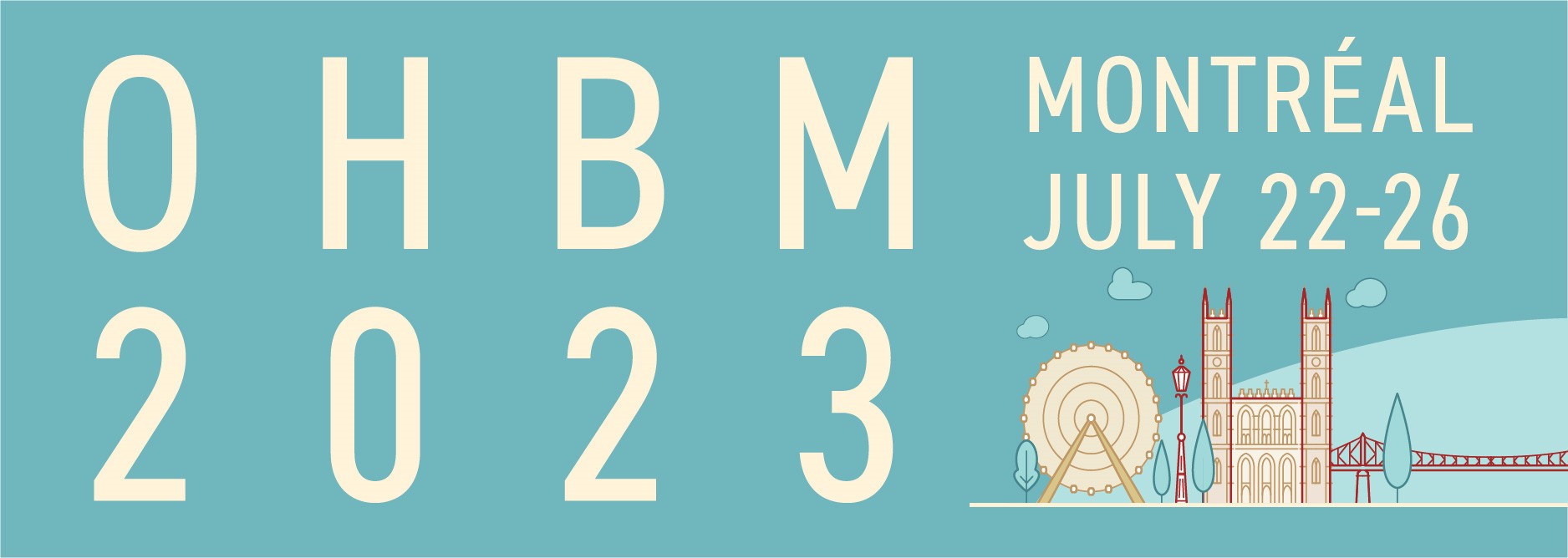Communications Committee Lay Media teamInvitation to public events on brain imaging science (English and French language) On Tuesday, July 18, local neuroscientists from Quebec universities will speak about the fascinating research on brain imaging. Talks will be delivered in English and French, and are free to the general public. More details are provided below. You are invited to attend and to share this invitation with anyone who might be interested in this event. Place: Grande Bibliothèque (475 Boul. de Maisonneuve E, Montréal, at Berri-UQAM metro station) Date: Tuesday July 18, 2023 Time (talks in French): 6:00 pm (doors open at 5:30 pm) Time (talks in English): 8:00 pm (doors open at 7:30 pm) Tickets: free, but limited numbers available! Register quickly using the link below. Register for French lectures: imagerieducerveau.eventbrite.ca Register for English lectures: brainimaging.eventbrite.ca Talks are aimed at the general public, and for each language session, there will be three talks of around 20 minutes, along with a Q&A session after. Talks in English will be given by: Dr. Alan Evans (A hitch-hiker's guide to mapping the brain) Dr. Emily Coffey (Altering sleep and memory with sound) Dr. Robert Zatorre (The neuroscience of music and why we love it) Talks in French will be given by: Dr. Sylvain Baillet (Tempête dans la boîte crânienne !) Dr. Delphine Raucher-Chéné (Apports de la neuroimagerie en psychiatrie : en quoi étudier le cerveau nous aide à mieux comprendre les problèmes de santé mentale ?) Dr. Anne Gallagher (Toute la lumière sur le développement du cerveau) Invitation à un événement publique sur la science de l'imagerie du cerveau.
Le mardi 18 juillet, des neuroscientifiques d'universités québécoises présenteront les recherches liées au fascinant domaine de l'imagerie du cerveau. Les conférences seront données en anglais et en français, et sont gratuites pour le grand public. Plus de détails sont fournis ci-dessous et dans les affiches ci-jointes. Vous êtes invités à y assister et à partager cette invitation avec toute personne susceptible d'être intéressée par cet événement. Place : Grande Bibliothèque (475 Boul. de Maisonneuve E, Montréal, à la station de métro Berri-UQAM) Date de l'événement : mardi 18 juillet 2023 Heure (conférences en français) : 18h00 (ouverture des portes à 17h30) Heure (conférences en anglais) : 20h00 (ouverture des portes à 19h30) Billets : gratuits, mais en nombre limité ! Enregistrez-vous rapidement en utilisant le site ci-dessous. Billets pour les conférences en français : imagerieducerveau.eventbrite.ca Billets pour les conférences en anglais : brainimaging.eventbrite.ca Les conférences s'adressent au grand public et chaque session linguistique comprendra trois conférences d'environ 20 minutes, suivies d'une séance de questions-réponses. Les conférences en français seront données par : Dr. Sylvain Baillet ( Tempête dans la boîte crânienne ! ) Dre. Delphine Raucher-Chéné ( Apports de la neuroimagerie en psychiatrie : en quoi étudier le cerveau nous aide à mieux comprendre les problèmes de santé mentale ? ) Dre. Anne Gallagher ( Toute la lumière sur le développement du cerveau ) Les conférences en anglais seront données par : Dr. Alan Evans ( A hitch-hiker's guide to mapping the brain ) Dre. Emily Coffey ( Altering sleep and memory with sound ) Dr. Robert Zatorre ( The neuroscience of music and why we love it )
0 Comments
OHBM's many committees and Special Interest GroupsCommunity-led events at #OHBM2023 The 2023 OHBM Annual Meeting is fast approaching! In addition to the fantastic scientific content organized by the Program Committee, many other committees and special interest groups (SIGs) host their own programs. At last year’s Annual Meeting in Glasgow, committees and SIGs hosted events on inclusivity, mentorship, art, and much more.
Read on to learn about upcoming committee and SIG events at OHBM 2023! And don't forget to check out our latest Neuroscience podcast episode, where Peter Bandettini and Alfie Wearn talk about these events! You can find it at your favorite podcast service here and on YouTube here. Rahul Gaurav & Naomi L. GaggiLooking at the past and future of functional connectivity  Dr. Bharat B. Biswal is a distinguished professor in Biomedical Engineering at the New Jersey Institute of Technology, where he serves as director for the Center for Brain Imaging and leads the Brain Connectivity Lab. He received his doctorate in biophysics from the Medical College of Wisconsin, following a masters from Michigan Technical University and a bachelors of science in electrical engineering from Utkal University in India. Dr. Biswal is well-known for his seminal work in functional connectivity and continues his research in brain connectivity and signal processing using MRI. He is also a familiar guest on the NeuroSalience Podcast, having been featured in Season 3, Episode 5 in conversation with his former labmate Dr. Peter Bandettini. In this interview, Rahul Gaurav and Naomi L. Gaggi talked with Dr. Biswal as a keynote speaker for the upcoming 2023 Organization for Human Brain Mapping Conference in Montreal, Canada. They cover his academic journey, his research, and the potential future of resting state functional magnetic resonance imaging. Lavinia Uscătescu, with editing by Xinhui LiCapturing the complex activity of the social brain  Dr. Xujun Duan is a professor of Biomedical Engineering at the University of Electronic Science and Technology of China, Chengdu, China. She obtained her PhD in Biomedical Engineering at the University of Electronic Science and Technology of China, with Dr. Vinod Menon as one of her supervisors and mentors. She has extensive research expertise with multimodal and computational neuroimaging methods, which she employs to study the social brain of people diagnosed with autism spectrum disorder (ASD). In her 2023 OHBM keynote address, she will highlight some of her recent results developing extensive neuroimaging and neurostimulation protocols in a population of autistic children. Using transcranial magnetic stimulation (TMS), she stimulated structures of the social brain (i.e. the parts of the brain responsible for processing information related to social interactions and cues) and followed this up with both neuroimaging and clinical assessments. In this interview, Dr. Xujun Duan discusses how she overcame the challenges of implementing a research protocol that would adequately capture the complex activity of the social brain, as well as the rewarding moments she enjoyed during this process. Additionally, she offers career advice for early stage researchers who plan on pursuing an academic path. Elisa Guma and Kevin SitekUsing a variety of methods to map circuits in the primate brain  Takafumi Minamimoto is team leader of the Neural Systems and Circuits Research Group and deputy director of the Department of Functional Brain Imaging at the National Institutes for Quantum Science and Technology in Chiba, Japan. His research focuses on the interaction between motivation, emotion, and memory in the brain of non-human primates. To address these questions, Dr. Minamimoto uses a range of methods including neuroimaging with functional MRI and PET as well as chemogenetic techniques such as Designer Receptors Activated by Designer Drugs (DREADDs), which are a class of proteins that allow scientists to control neural activity in awake, freely moving animals. In this interview, Elisa Guma and Kevin Sitek talked with Dr. Minamimoto about his research program, the path he took to get there, and what we can expect from his 2023 Keynote address. Read on to learn more! Alfie Wearn and Faruk GulbanExploring quantitative MRI and 'in vivo histology'  Dr. Aviv Mezer is an Associate Professor at the Edmond and Lily Safra Center for Brain Sciences (ELSC) at the Hebrew University of Jerusalem, Israel. Dr. Mezer’s lab is focused on mapping human brain structures during normal development and aging. In addition, it is focused on developing new approaches to characterize the structural changes associated with neurological disorders. Mezer’s main research tool is in vivo quantitative magnetic resonance imaging – qMRI. The Mezer lab is developing tools to biophysically explain the brain’s MRI signals at different levels and resolutions: from molecular local sources through cellular organization to the mapping of networks across the entire brain. In this interview, we discuss the field of qMRI more broadly, touching upon the present and future interpretations of "in vivo histology." We also discuss Dr Mezer’s approach to mentorship, as well as the skills that would benefit future researchers in this field. At OHBM 2023, Dr. Mezer will show us how combining multiple quantitative MRI measures can provide additional biological information about tissue composition and brain health. You can find the video interview here and listen to the audio-only podcast version here (or on your podcast app of choice). |
BLOG HOME
Archives
January 2024
|

 RSS Feed
RSS Feed